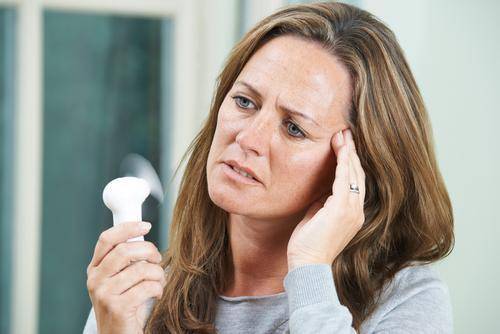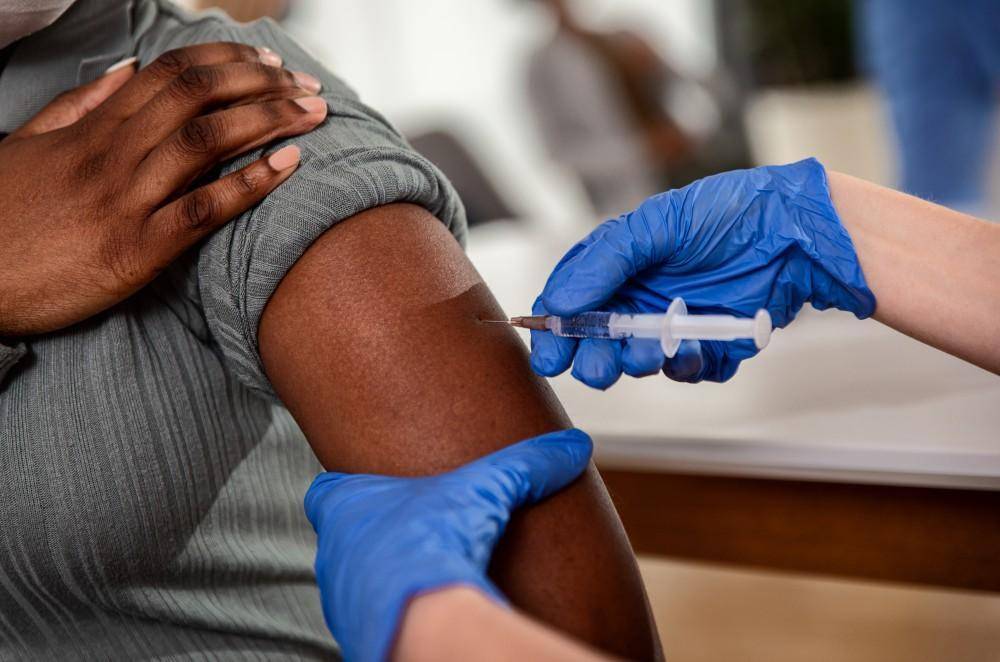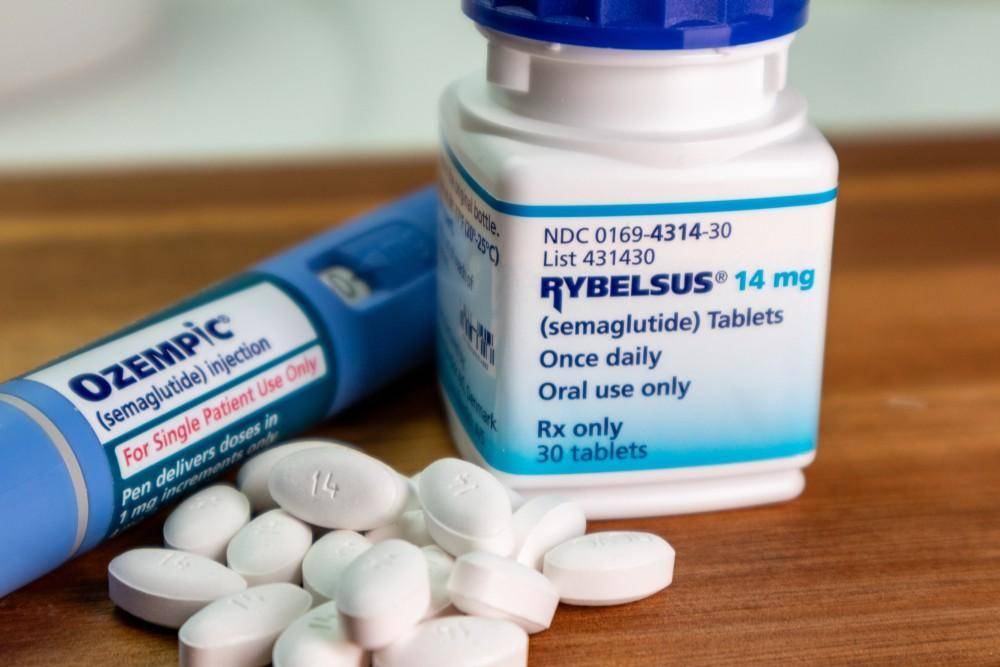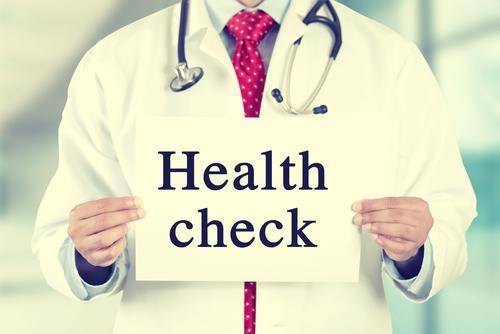A female starts menstruating at the average age of 12 years, but it depends on various factors, including genetic, environmental, and, most of all, health. Menopause is the period when a female stops menstruating. A female is said to have reached menopause when she has not had any periods for at least a year. The most common age of menopause is between 45 to 50 years.
However, women may experience menopause earlier than 45 years of age. If the menopause occurs before the age of 40 years, it is referred to as premature menopause; if the menopause occurs before the age of 45 years, it is referred to as early menopause. The time leading up to the event of menopause is called perimenopause. All women experience it differently, but a few symptoms remain the same. In this article, we will tell you what causes menopause, how you can manage it, and the possible treatments for it.
What Causes Menopause?
Simply, menopause occurs when, with age, the level of the estrogen hormone drops very low in your body. A low amount of estrogen causes your body to stop ovulating, which means that no eggs are produced, so consequently, there is no need for the body to shed the egg for the new cycle.
Menopause can also occur due to an accident, surgery or cancer and its treatment. Anything that causes your body’s hormones to fluctuate can cause the ovulation to stop. When the estrogen goes down, other hormone levels also fluctuate; this is the reason why women experience the symptoms of menopause differently. The most common emotional and physical symptoms of menopause include the following:
- Sleep Apnea
- Hot flushes and night sweats
- Dry vagina (causing painful sex)
- Sore breasts
- Anxiety
- Brain fog
- Forgetfulness
How Do We Manage It?
Managing menopause depends on the woman as they know best their symptoms. However, one can still manage it using a few tried and tested ways. These ways include changes in lifestyle, medicine and hormone therapies, and psychological help.
Staying and eating healthy can help you relieve some symptoms of menopause. In addition to these changes, doctors’ prescribed medicines and hormone therapies can greatly benefit patients. Mental health is overlooked in menopause, and evidently, taking care of it can have a whole lot of positive effects on your health, whether you are experiencing menopause or not.
Possible Treatments for Menopause
As discussed, menopause has a lot of symptoms which can irritate the patient and affect their day-to-day living. For this reason, these symptoms can be treated medically. Hormone therapy works wonders to relieve menopausal symptoms in women. The doctor will recommend the hormones based on your unique condition and family history. You will start seeing the hormone therapy results within the first two weeks.
Additionally, Gabapentin, Clonidine, and Fezolinetant are a few of the examples of medicines that are commonly given as possible treatments for menopausal symptoms. In the end, the doctor will be the one to prescribe you the best and the most useful medicine for you.
Conclusion
In conclusion, every woman will experience menopause in their life. With the current studies and technology, the symptoms of menopause can be effectively handled. Make sure to keep a healthy lifestyle and visit your doctor regularly.
For more information on this topic, please reach out to us at RescueMD at 972-390-7667. We are an internal medicine, weight loss and women’s health practice. We serve Allen, Frisco, Mckinney, Plano, Dallas and surrounding areas. In addition to physicians, we also have registered dietitians and personal trainers on staff to treat and manage most cases.







